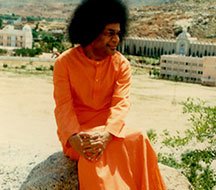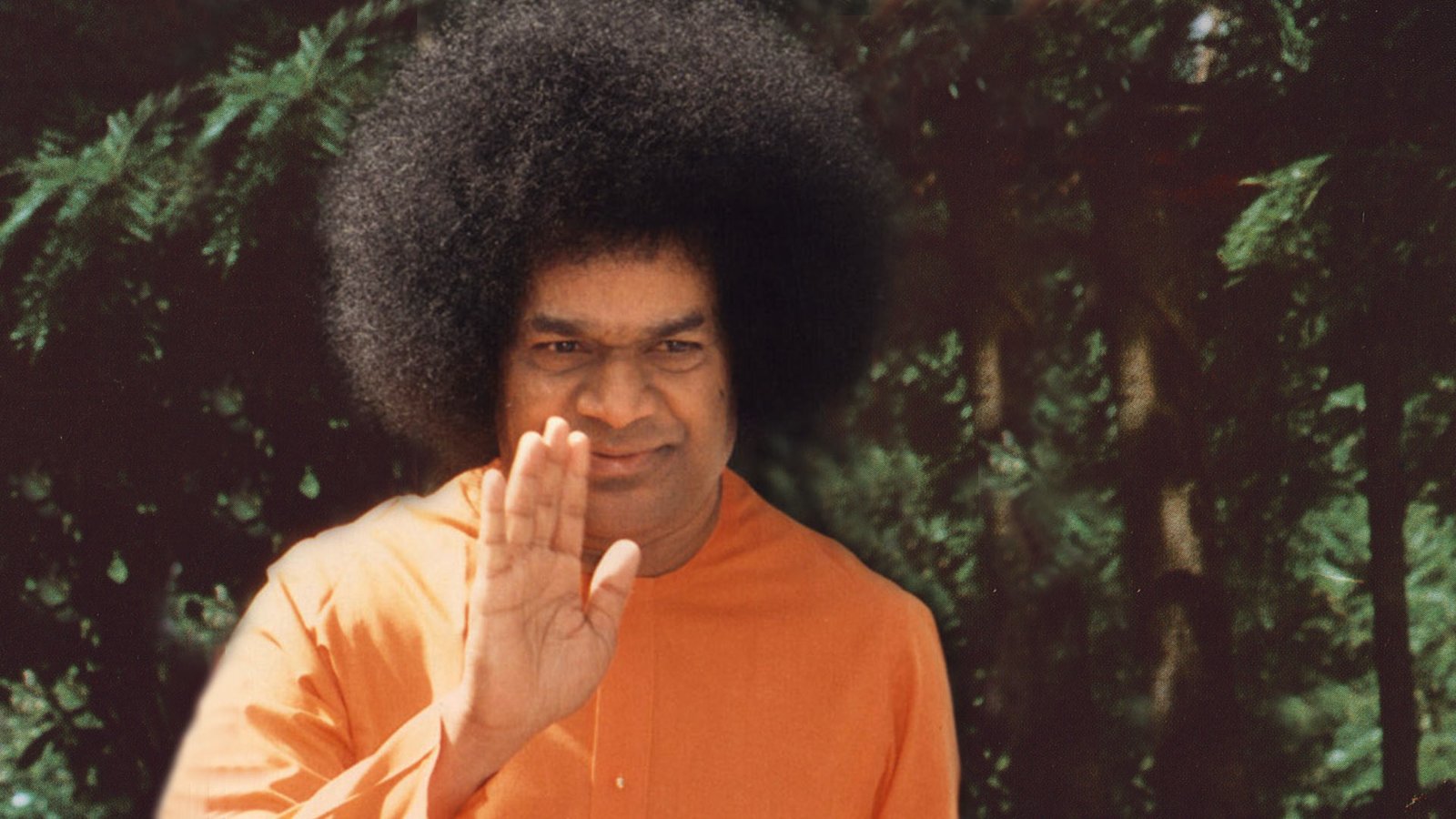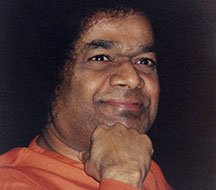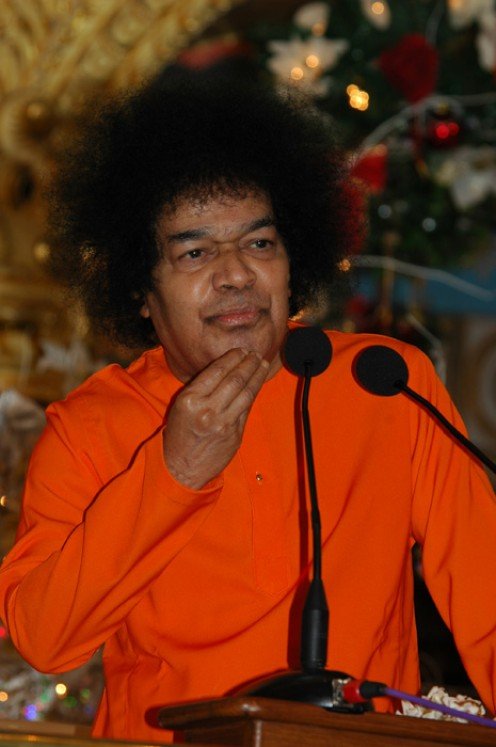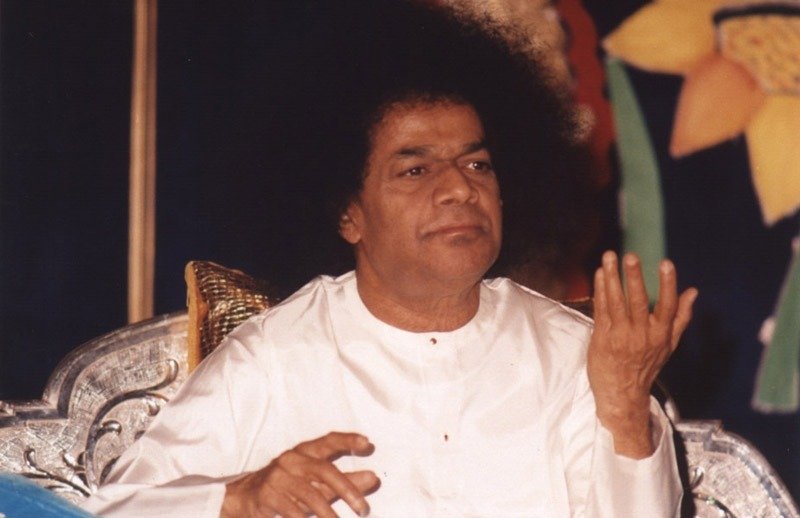Atri Smriti

The Atri Smriti, attributed to the sage Atri Rishi, is one of the 18 principal Dharma Smritis and an important part of the Dharmaśāstra tradition. Like other Smritis, it seeks to codify dharma—ethical, legal, social, and spiritual duties—but it is especially valued for its guidance on moral conduct and religious observances. Scholars believe the Atri Smriti was composed during the early medieval period (around 3rd–7th century CE), when the Smriti tradition was already well developed. It reflects a society where varna-ashrama dharma (duties of caste and life stages), ritual practices, and personal ethics were central to sustaining order.
The content of the Atri Smriti covers the three branches of dharma: Ācāra (daily conduct, duties, and rituals), Vyavahāra (law, social regulations, and judicial matters), and Prāyaścitta (penances and expiations for sins). It contains rules for the four stages of life—brahmacharya (student), grihastha (householder), vanaprastha (forest-dweller), and sannyasa (renunciate). It provides detailed instructions regarding marriage, inheritance, purity and pollution, duties of women and men, rituals for ancestors, and funeral rites. A significant portion of the text is devoted to penances (Prāyaścitta), laying out specific expiations for both intentional and unintentional sins, including fasting, mantra recitation, charity, and pilgrimages. The Smriti also places strong emphasis on virtues such as truthfulness, non-violence, devotion, charity, self-control, and respect for elders and teachers, portraying dharma not only as a set of rules but also as a path to spiritual upliftment.
In significance, the Atri Smriti was often cited by later medieval legal digest writers (Nibandhakāras) in matters relating to ritual conduct, social duties, and penances. While it may not have carried the same judicial weight as Nārada or Yājñavalkya Smriti in royal courts, it was highly respected among priests, scholars, and householders for its emphasis on practical dharma in everyday life. Today, the Atri Smriti is studied as part of the broader Dharmaśāstra literature, appreciated for its moral and spiritual orientation, showing how ancient Indian thought sought to balance law, ethics, and devotion to uphold social harmony and individual spiritual progress.







